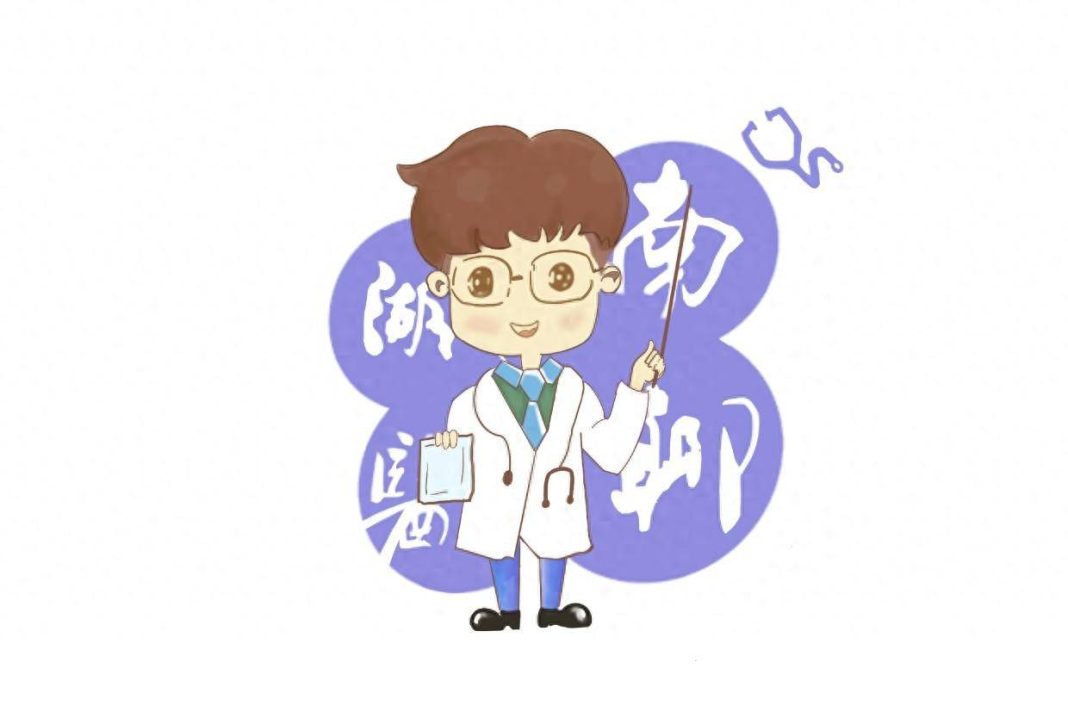Late-life depression is the most common psychological problem among people aged 60 and above, and if accompanied by physical illnesses, the prevalence increases, not only damaging the quality of life and social functioning of the elderly but also increasing the burden on caregivers.
Early identification and treatment can effectively improve patients’ symptoms, promote functional recovery, and enhance quality of life.
The following clinical manifestations should be considered for late-life depression:
Excessive anxiety, fear, constantly imagining negative scenarios, impulsive behavior, and easily getting angry;
Various physical discomforts such as chronic pain, with ineffective treatment outcomes after examination and symptomatic treatment;
Mental symptoms such as suspecting illness, being abandoned by family, and feeling persecuted;
Difficulty concentrating, declining memory and executive function;
Difficulty falling asleep and easy awakening.
While actively cooperating with medical treatment and taking medication on time, Dr. Zhang Wen, Director of the Department of Geriatrics/General Medicine at the First Affiliated Hospital of Hunan University of Chinese Medicine, suggests that the elderly can also refer to the method of “listening, moving, and pressing” to relieve symptoms.
1. Traditional Chinese Medicine Music Therapy
Includes music therapy for calming the mind, uplifting the mood, relieving sorrow, and bringing joy. It can be listened to 2-3 times a day, each time for about 30 minutes.
2. Music Therapy for Calming the Mind
Suitable for those prone to anxiety and restlessness, selecting melodious music such as “Spring River Flower Moon Night” and “Plum Blossom Three Movements” that soothe the mind, calm, and induce sleep.
3. Music Therapy for Uplifting the Mood
Suitable for those with low spirits and despondency, choosing classical melodies like “Ancient Melodies” and “Joyful” that open up the mind, relieve pent-up feelings, and dispel gloom.
4. Music Therapy for Sorrow
Suitable for those exuding intense emotions, anger, and agitation, opt for rhythmic and melancholic tunes like “Funeral Flower” and “Xiao Hu Jia” that touch the heart with poignant melodies to achieve a calming effect over anger.
5. Music Therapy for Joy
Suitable for individuals with low self-esteem and pessimism, select uplifting tunes like “Hundred Birds Paying Homage to the Phoenix” and “Oriole Singing” that induce relaxation and happiness.
6. Traditional Chinese Medicine Movement Therapy
Tai chi and Eight Brocades enhance central nervous system stimulation, allowing the brain to rest fully, achieving the purpose of regulating body and mind and harmonizing yin and yang. Elderly individuals can practice tai chi and Eight Brocades in the morning, with exercise duration of 40-60 minutes, 3-4 times a week.
7. Acupoint Massage Therapy in Traditional Chinese Medicine
Principles of Acupoint Selection
For elderly patients with tension, anxiety, and insomnia, acupoints like Sishencong, Shenmen, Dalin, Neiguan, and Sanyinjiao can be selected; for those with poor appetite and epigastric pain, acupoints such as Zhongwan, Liangmen, Piyu, Stomach Yu, and Zusanli can be chosen; for individuals prone to anger and restlessness, acupoints like Hegu, Taichong, and Dadun can be used.
Massage Method
Select 3-4 acupoints, use fingers to continuously, gently, and firmly press on the acupoints, press for 6-8 seconds or until a localized soreness is felt. Massage 2-3 times a day.
Hunan Medical Chat Featured Author: Shen Si, First Affiliated Hospital of Hunan University of Chinese Medicine
Follow @Hunan Medical Chat for more health-related information!
(Editor YH)


